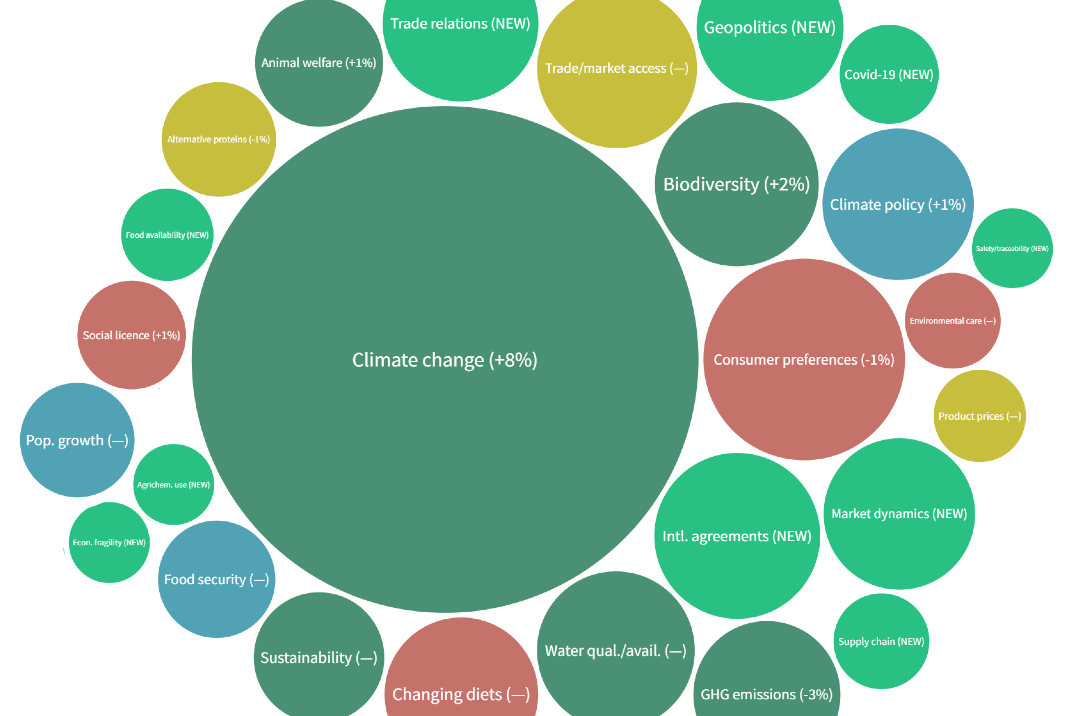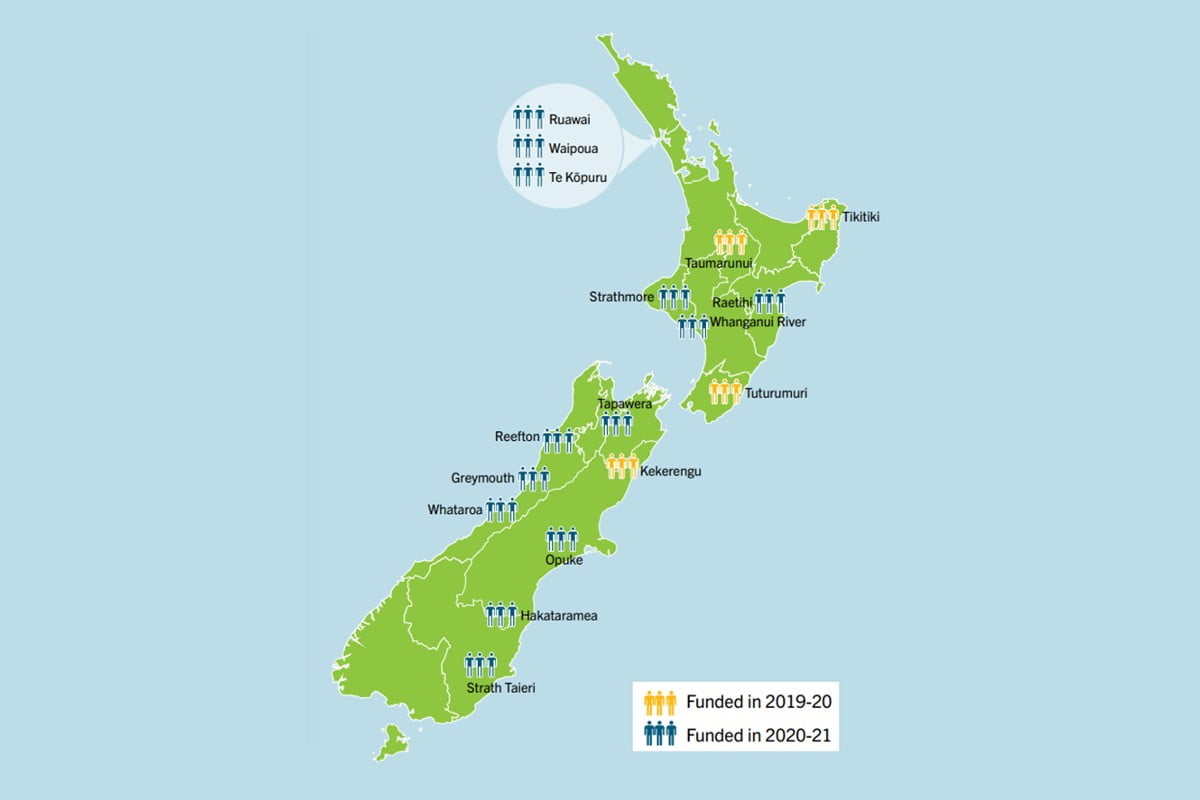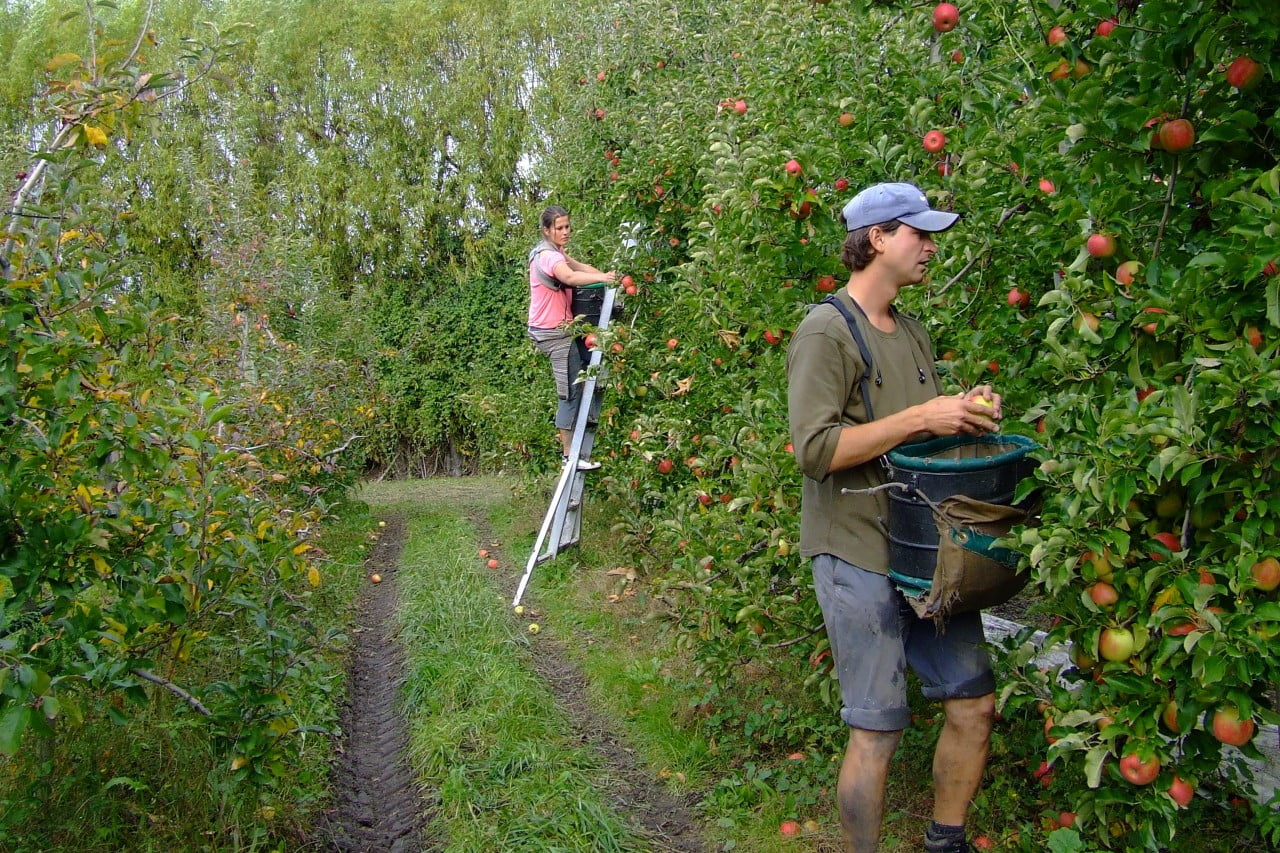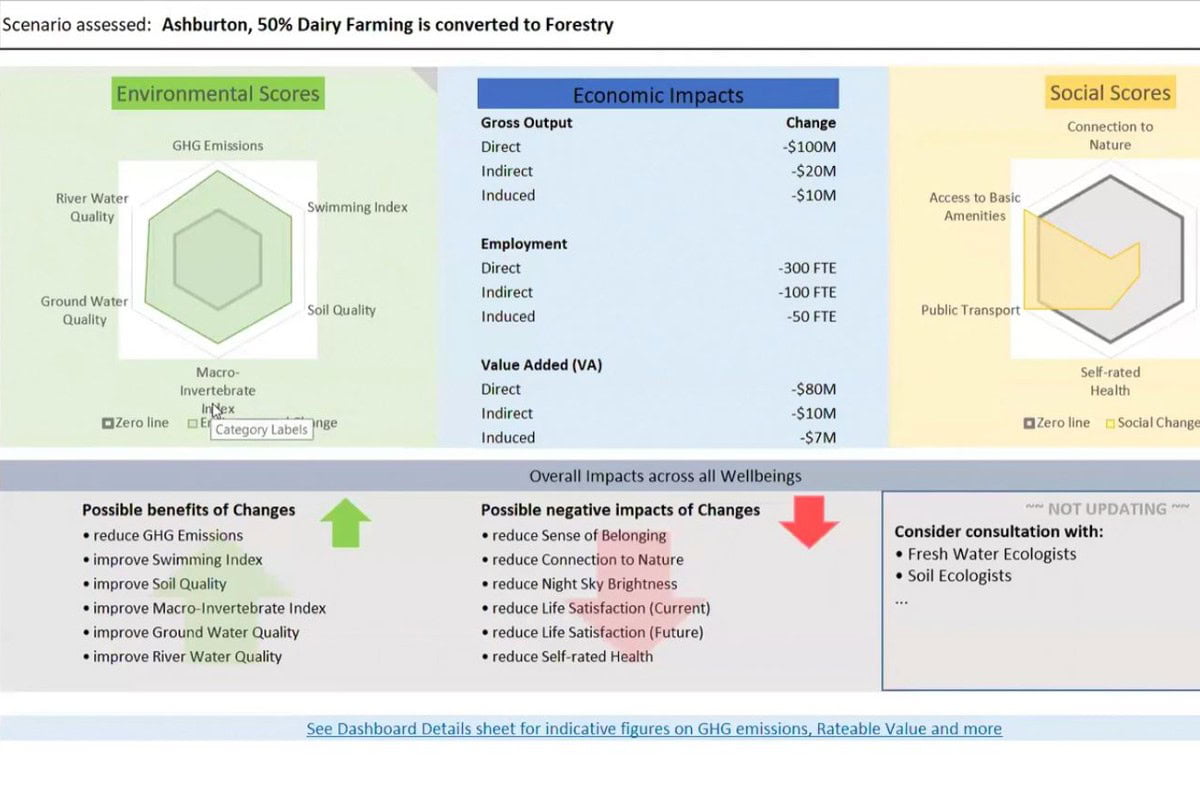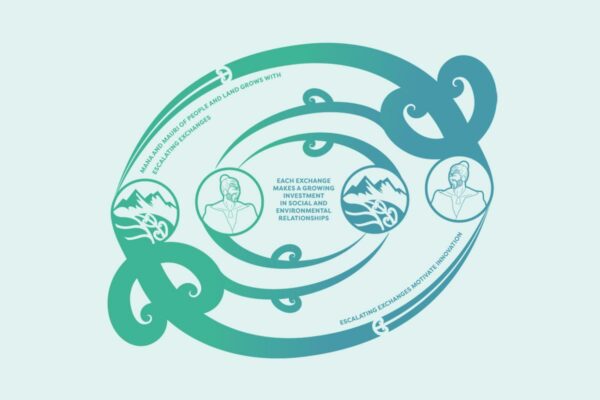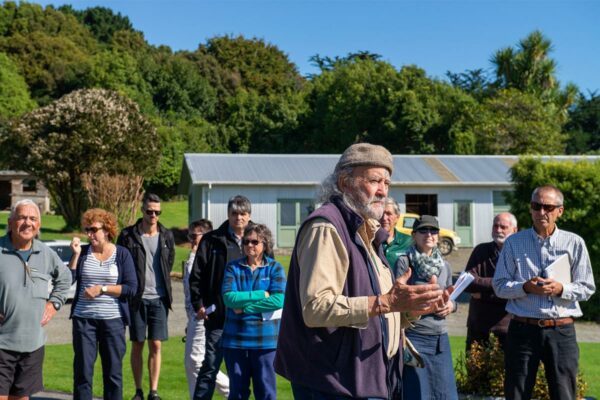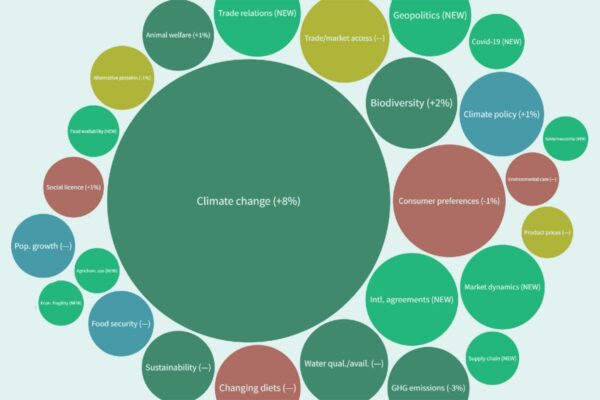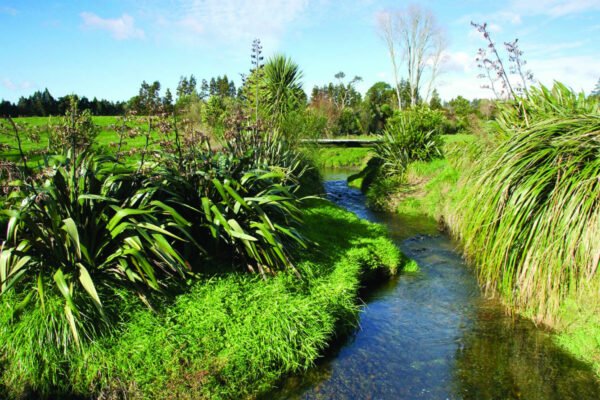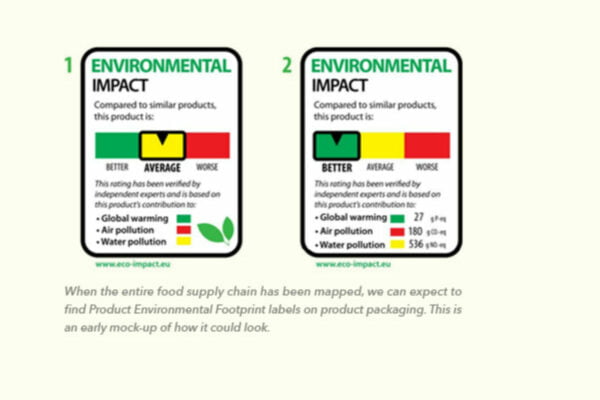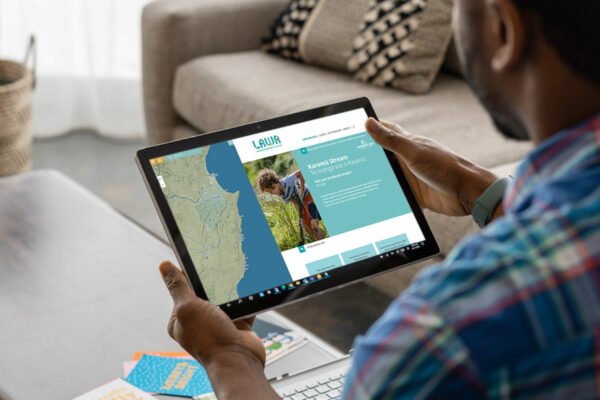Indicators Working Group
Investigating the use of indicators to help the primary and public sector meet local, national and international reporting requirements
Project Details Ngā taipitopito
Collaborators Ngā haumi
AgResearch | Beef + Lamb NZ | DairyNZ | Department of Internal Affairs | Greater Wellington Regional Council | Lincoln University | Manaaki Whenua Landcare Research | MBIE | Ministry for the Environment | MPI | New Zealand Institute of Primary Industries | Plant & Food Research | PwC New Zealand | Ruapehu District Council | Scion | St Andrews Prebyterian Church Te Kuiti | Statistics New Zealand | Tararua Rural Education Activities Programme | Treasury | Waikato District Council
What are we doing?E aha ana mātou?
Indicators are used by the primary sector to benchmark elements of performance, such as water and chemical use, and track progress towards goals. Local and central governments use indicators to set policy and measure against targets.
The Indicators Working Group’s role was to assemble, synthesise and publish information about indicators. It reviewed existing agri-environmental indicator initiatives and their use, identified gaps, and investigated the use of indicators for monitoring and evaluating land and water values. The aim was to find the right indicators and enable and support their use.
This research will help the primary and public sector meet local, national and international reporting requirements, and solve problems resulting from overlapping information needs and multiple ways of measuring.
The Indicators Working Group worked extensively with local and central government, industry groups, non-governmental and research organisations, scientists and representatives of rural communities to develop and promote the use of indicators.
How can the research be used? Ka pēhea e whai take ai te rangahau?
- The work of this group has shown that although indicator information can be incomplete and imperfect, there is enough current information to support changes in policy, production and marketing practices.
- This research provided a method to measure community resilience at a point in time using Statistics NZ data, enabling better understanding of the resilience of rural New Zealand.
- The Indicators Working Group (IWG) tested a framework to measure resilience in 5 dimensions: social, economic, cultural, environmental and institutional.
- The IWG worked with Treasury, Statistics NZ, MFAT and MPI. Researchers participated in The Treasury’s Wellbeing Group, which shares information with 14 public sector agencies and private sector organisations about wellbeing, sustainability and resilience indicators.
- The IWG worked with the Sustainability Dashboard programme to describe using indicators in online ‘dashboard’ visualisations to show how producers are farming sustainably.
- Researchers worked with the Greater Wellington Regional Council to improve their environmental monitoring programme by better integrating the collection of scientific data with the policy process.
- The IWG prompted discussions at the Ministry for the Environment on how the Ministry’s monitoring might fit into a wider monitoring system, which included discussions with several regional councils on a shared environmental monitoring system.
- This research produced a proof-of-concept dataset that is publicly available on data.govt.nz, demonstrating the possibility of hosting research data for general access on a public data repository.
Related research updates Ngā pānui mō te rangahau nei
Participation & engagement Te hunga i whai wāhi mai
- Workshops were held in Huntly, Taumarunui, Te Kuiti, Dannevirke and Masterton, with people who have views on rural resilience, including farmers, teachers, local government, nurses, social workers, church and business leaders. Data was gathered for analysing possible thresholds for community resilience and assessing resilience. This information was reported to the Minister for Statistics James Shaw and shared with the Ministry for Primary Industries, Statistics NZ and The Treasury.
- The IWG worked with the Resilient Rural Communities programme in AgResearch to conduct workshops with rural communities and deliver results of the research to the TempAg international research network. The research has been circulated to the Government and was the basis of advice to government regarding the 1 Billion Trees programme and the M. bovis eradication effort.
- The IWG held participatory design workshops with government, industry and research stakeholder to develop indicators for the United Nations Sustainable Development Goals. The indicators are informing analysis of potential pathways for achieving these goals. The work informed advice to Statistics NZ during the Indicators Aotearoa consultation process.
- Multiple workshops with local and central government, industry groups, non-governmental and research organisations have informed 7 individual reports focused on understanding how indicators are being used, and how they could be used to influence land use practice and meet New Zealand’s international obligations.
 View Our Strategy Document 2019 – 2024
View Our Strategy Document 2019 – 2024




